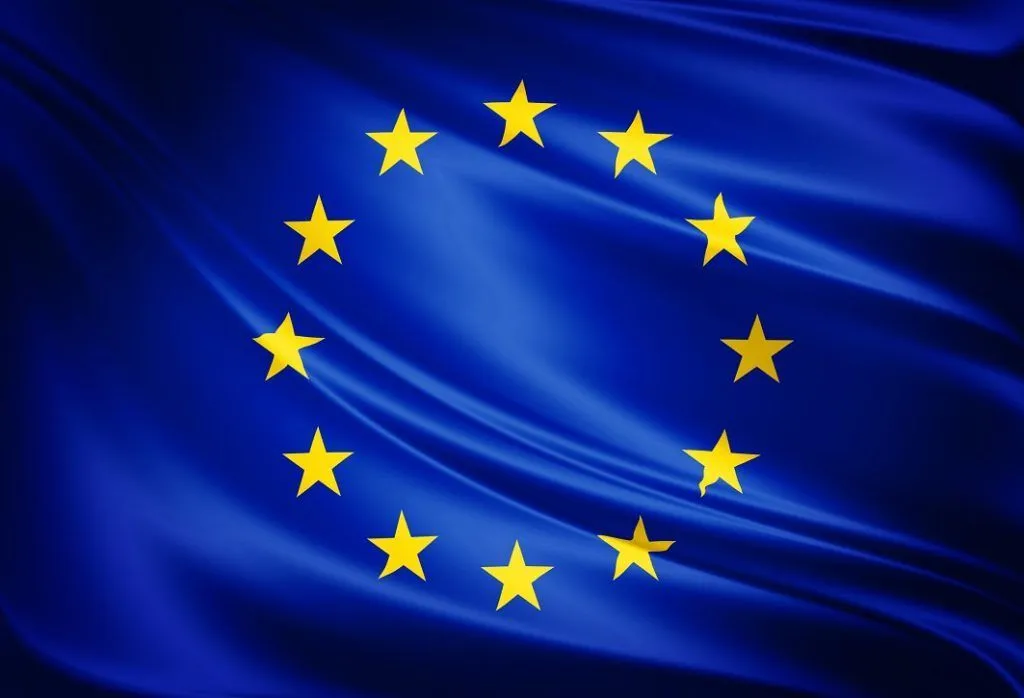The European Union’s development cooperation with Nigeria has received a boost with a N320.5 billion (€190 million) credit line allocated to Nigerian commercial banks to broaden their lending to the agricultural sector.
The facility, which is being provided by the European Investment Bank, was announced at a meeting of the bank’s senior executives and a delegation from the Federal Ministry of Budget and Economic Planning on the sidelines of the recently concluded Global Gateway Forum in Brussels, Belgium.
Expressing the EU’s commitment to support Nigeria’s ambitions and initiatives for digital transformation, given its potential to catalyse growth in other sectors of the economy, the bank’s Director (International Partnerships), Ms Thourayya Tricki, said the credit facility was part of the EU’s commitment to the development of Nigeria’s agricultural value chains, particularly in cocoa and dairy.
Tricki, who attended the bilateral meeting alongside the bank’s Head (Sub-Saharan Africa Relations), Mr Diedrick Zambon, stated that the Nigerian investment package for climate-smart agricultural production and processing is at an advanced stage, aimed at ensuring the sustainability and competitiveness of agri-food products.
The package, she explained, includes credit lines and technical assistance to relevant Development Finance Institutions (DFIs) and commercial banks in Nigeria to expand their lending portfolios to the agricultural sub-sector.
Nigeria already benefits from an €18 million technical assistance grant to strengthen the regulatory framework and capacity for vaccine manufacturing, as well as another €50 million facility to expand Nigeria’s credit portfolio for the pharmaceutical industry.
The Nigerian delegation, including the Special Assistant to the Minister, Mr Bolaji Onalaja, and the Focal Officer, EU Unit, Mr Benjamin Galadima, highlighted ongoing reforms under the Renewed Hope Agenda of President Bola Ahmed Tinubu and the forthcoming National Development Plan (2026–2030) as frameworks for attracting sustainable investments and strengthening community-level development through the Ward-Based Development Programme.
The Nigerian team also engaged in a series of high-level sessions and conducted bilateral meetings with key EU institutions, including officials from the Directorate of International Partnerships (INTPA) and the European Bank for Reconstruction and Development (EBRD), among others.
The team, which represented the Minister of Budget and Economic Planning, Senator Abubakar Atiku Bagudu, who was on another official assignment in Vienna, Austria, expressed Nigeria’s appreciation to the Head of the EU Delegation to Nigeria and ECOWAS, Ambassador Gauthier Mignot, for the excellent facilitation of Nigeria’s participation at the 2025 Global Gateway Forum.
The Global Gateway Forum acts as the main platform for turning the Global Gateway Investment Package into actionable partnerships and viable projects. It unites governments, development finance institutions, and the private sector to coordinate priorities, mobilise resources, and speed up sustainable investments that enhance connectivity, green transition, digital transformation, and human capital development across partner regions.
In her keynote address, the President of the EU Commission, Ursula von der Leyen, reaffirmed the European Union’s commitment to developing mutually beneficial partnerships based on trust, sustainability, and shared prosperity under the Global Gateway Strategy.
She announced the expansion of the Global Gateway Investment Package to €400 billion and the creation of a dedicated Investment Hub to facilitate improved transactions and accelerate project delivery across partner regions, especially in Africa.

